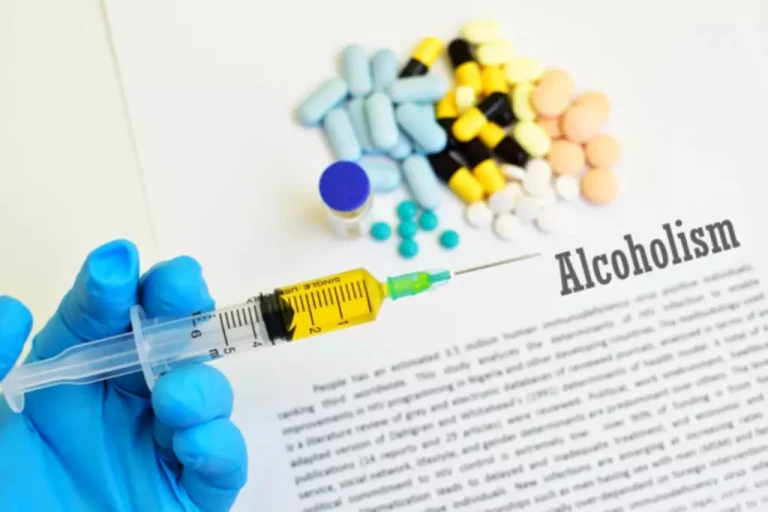
Damage occurs in certain parts of the brain – thalamus or hypothalamus where nervous system control meets endocrine regulation. Treatment for Wernicke-Korsakoff syndrome primarily involves thiamine supplementation, which helps to address the underlying thiamine deficiency. Ongoing research and clinical trials play a crucial role in advancing our understanding of Wernicke-Korsakoff syndrome and developing more effective treatments. By participating in these trials, researchers and healthcare professionals aim to improve detection, treatment, and prevention strategies for this condition [6]. It is important to note that Wernicke-Korsakoff syndrome can have significant long-term effects and may lead to death in approximately 20% of cases. By promoting prevention and early intervention, we can contribute to a healthier future and improve the overall well-being of individuals at risk.
Challenges in Diagnosis
In a study of Wernicke-Korsakoff Syndrome (WKS), 97 alcoholics whose autopsy confirmed WKS were observed. Of these 97 individuals, only 16% had documentation of all three classic symptoms. mush brain In the remaining cases, 29% had two signs, 37% had only one sign, and 19% presented none of the classic signs. Korsakoff Psychosis happens when Wernicke’s Encephalopathy goes untreated.

Strategies for Prevention
- Damage occurs in certain parts of the brain – thalamus or hypothalamus where nervous system control meets endocrine regulation.
- Additionally, I examine the way mental and physical health as well as our relationships with others impact the reasons people drink and their role in maintaining sobriety long-term.
- Once a person has been diagnosed with end stage alcoholism, life expectancy can be as limited as six months.
- Your call will be confidential, and you don’t have to commit to a program to learn more about treatment options.
- When untreated, Wernicke encephalopathy causes death in up to 20 percent of cases.
Hallucinations as well as changes in emotional reactions (i.e. becoming more apathetic), and behaviours also occur. If you are someone with a family member or loved one who has an addiction, it can be incredibly difficult to support them. When a person has developed Wernicke-Korsakoff syndrome this is no different. Treatment for alcohol addiction is best provided through alcohol rehab programmes.
- If Wernicke-Korsakoff syndrome is identified early enough it’s treatable.
- Heavy drinkers are also more likely to develop cancer, heart failure, and long-term dialysis alongside the risk of Wernicke-Korsakoff syndrome.
- It’s characterised by confusion, slurred speech, and a loss of coordination when moving around and in the muscles.
- Support and ongoing input are required to develop the skills and mindset to make a full recovery.
Signs and symptoms
It is important to note that many symptoms of Wet Brain can resemble those of alcohol intoxication or withdrawal, making accurate diagnosis challenging but essential. Wet brain, medically known as Wernicke-Korsakoff syndrome (WKS), is a serious neurological disorder caused primarily by a deficiency in vitamin B1 (thiamine). This condition is often linked to chronic, heavy alcohol use, but it can also arise from other factors such as malnutrition, eating disorders, or certain medical treatments like chemotherapy. Amnesia is typically found in people with alcohol use disorder (AUD).
However, if you experience these symptoms when not intoxicated, you might be experiencing wet brain. The most effective way to prevent wet brain is to avoid alcohol addiction. If you need help with your drinking, talk to someone about addiction treatment today. Knowing early signs and symptoms could be the wake-up call you need to get help for your drinking problem. Long-term successful recovery from alcohol addiction is possible through a medical detox and ongoing professional support. It usually takes several years of heavy drinking for onset to occur and also often results in behavioural changes and reduced emotional reactions (i.e. a person becoming apathetic).
Wernicke-Korsakoff Syndrome Causes and Risk Factors

Given the strong link between excessive alcohol consumption and this severe neurological condition, implementing preventive strategies is crucial. The comprehensive treatment of wet brain involves a combination of immediate medical intervention, ongoing nutritional support, therapeutic rehabilitation, and lifestyle changes. Early detection and prompt treatment are crucial to reversing some of the symptoms and preventing permanent brain damage. Treating alcohol misuse and addiction is one of the best ways to avoid developing wet brain syndrome and other health issues related to heavy alcohol use. At United Recovery Project, we understand the importance of a supportive environment in the recovery journey. Our holistic approach encompasses not just the physical and psychological aspects of addiction but also emphasizes the importance of social support and aftercare planning.

How is Wernicke-Korsakoff Syndrome Diagnosed?
- If you are lucky to have gotten an early diagnosis, the damage done to your brain is still reversible.
- The nervous system needs these enzymes to function, which is why thiamine deficiency from alcohol causes life-threatening neurological problems.
- These interventions aim to improve overall health, enhance cognitive function, and minimize the risk of further complications.
- The best way to prevent wet brain syndrome is to avoid heavy alcohol use.
- The acute nature of Wernicke encephalopathy requires immediate medical attention.
